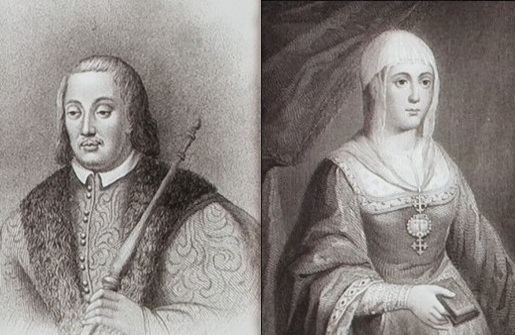
By Jim O’Neal
At midnight on Jan. 2, 1492, Abu Abd Allah, the Muslim Emir of Granada, handed over the keys to his city to King Ferdinand and Queen Isabella. They were the joint rulers of the Christian Spanish states of Aragón and Castile. This single act marked the end of nearly 800 years of Muslim rule in the Iberian Peninsula.
It also marked the eclipse of a great civilization renowned for its architectural splendors and rich tradition of scholarship. At the same time, it signaled the birth of a confident, united Spain that would soon divert its energies away from crusading against its Muslim neighbors to instead building an empire in the New World.
Despite an agreement that guaranteed freedom of worship, in 1502 the monarchs decreed that any Muslim over the age of 14 who refused to convert to Christianity had to leave Spain within 11 weeks. This edict, combined with the expulsion of Jews in Granada 10 years earlier, transformed Spain into a much more homogeneous, but highly intolerant state.
Once united, they needed a new target for their compulsive crusading.
Enter Christopher Columbus and his expeditions to the New World. In 1492 – the same year as the fall of Granada – he provided the Spanish an ideal outlet for their ambitions. Their colonization of the Americas propelled Spain’s emergence as the first global superpower.
When one examines the relatively unimportant role they play today as one of the European Union’s “PIIGS” (Portugal, Ireland, Italy, Greece, Spain) – the unflattering acronym for countries with significant fiscal issues – it becomes easier to see how global superpowers can fade into the dustbin of history.
 Intelligent Collector blogger JIM O’NEAL is an avid collector and history buff. He is President and CEO of Frito-Lay International [retired] and earlier served as Chairman and CEO of PepsiCo Restaurants International [KFC Pizza Hut and Taco Bell].
Intelligent Collector blogger JIM O’NEAL is an avid collector and history buff. He is President and CEO of Frito-Lay International [retired] and earlier served as Chairman and CEO of PepsiCo Restaurants International [KFC Pizza Hut and Taco Bell].
